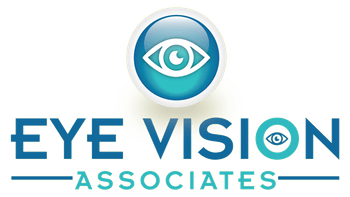 Vision and learning go hand in hand, and one main topic to consider when thinking about this area is reading, and one’s comprehension of what they read.
Vision and learning go hand in hand, and one main topic to consider when thinking about this area is reading, and one’s comprehension of what they read.
For many people, they think about vision as how well they can see, are they 20/20, or do they need glasses, however, vision is much more then just resolving the letters on the page. When reading, an individual has to keep a consistent clear image through the use of their accommodative system (focusing), a single image through the use of their binocular system, and keep their eye on the target through the use of their ocular motor system (tracking).
If any of the three areas above are not working properly, or they are not working together, then getting that information on the page into the brain can be quite difficult, even with the most accurate prescription glasses. Some symptoms that are associated with these areas are difficulty reading, poor reading comprehension, intermittent blurred or double vision, skipping lines, poor depth perception, and having an abnormal head tilt or posture.
Another area that is very important to vision and reading is visual perception. Visual perception is how one’s brain interprets the information that is seen. Visual perceptual skills such as visual form perception, visualization, visual memory and spatial organization are important in the recognition, recall, and manipulation of the spatial qualities of symbols and objects such as letters, numbers, shapes. Some symptoms that are associated with difficulties in these areas are difficulty reading, poor reading comprehension, difficulty with spelling and or handwriting, general clumsiness, constant activity, letter reversals, left/right confusion and excessive body movement when performing visual tasks.
At Eye Vision Associates, we are equipped with two optometrists who are fellows of the College of Vision and Development Dr. Meltzer and Tamburro, as well as two certified vision therapists, JoAnn and Marybeth who have both been with our practice for over twenty years. Our team provides thorough testing in order to identify deficiencies in any of these areas as well as treatment. Depending on your diagnosis, treatment may include the use of vision training either at our office or at home, and or glasses that may or may not have prism and or a prescription in order to aid your eyes in an area they are deficient in. At Eye Vision Associates, each case is carefully examined and an individualized plan is created, so if you or a family member has a concern please contact us in order to set up an evaluation.

